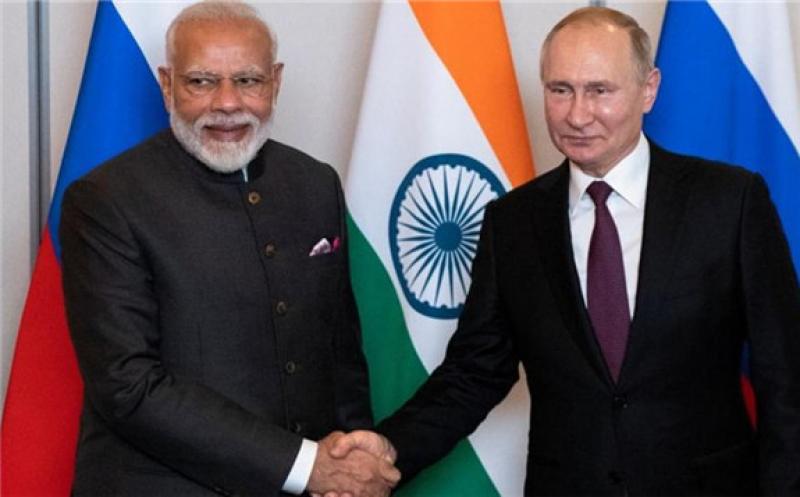
The talks on the Russian side are being handled by Rosneft, the largest global public oil and gas corporation, and by India’s petroleum ministry.
The two sides are also eyeing an agreement on liquefied natural gas (LNG) supplies from Russia after the agreement on crude oil is concluded, said people on both sides familiar with the negotiations. “The talks have focused on long-term assured supplies of oil that will not be affected by developments in other parts of the world, such as West Asia,” said a person who declined to be identified.
A second person said on condition of anonymity that the Indian government is working on an easier and economical sea transport route from Russia to India. “Transportation of energy [from Russia] is one of the key concerns, but we are working on a solution,” the person said.
The Russian side, the people said, is looking at tapping reserves in its Far East region, which stretches from Siberia to the Pacific Ocean and is estimated to have 10 to 14 billion tonnes of oil and 14 to 15 trillion cubic metres of gas.
The negotiations on oil and gas supplies are part of the five-year road map for cooperation in the hydrocarbons sector that was signed during Prime Minister Narendra Modi’s visit to Vladivostok last September for the Eastern Economic Forum and the annual summit with Russian President Vladimir Putin.
Russian gas producer Novatek also signed an agreement with Indian energy firm Petronet LNG Ltd (PLL) for LNG supply and joint development of downstream LNG business.
A joint statement issued after the Modi-Putin summit said the two sides would cooperate in geological exploration and joint development of oil and gas fields in Russia and India, and develop ways of delivering Russian energy resources to India, “including a long-term deal for sourcing Russian crude oil”.
The second person said India imports over 80% of the crude it processes. It imports almost half of its crude oil requirements from the Gulf region, which is prone to disruptions because of geopolitical reasons. “This often threatens our energy security, both in terms of price and supply volatilities. Energy import from Russia is, a reliable alternative,” he said.
Though India has a refining capacity of 249.4 MT, annual capacity utilisation has been often more than 100%. In 2018-19 domestic refiners processed 257.2 MT of crude in 2018-19. Out of that more than 88% (226.5 MT) was imported crude, and more than 63% of that (142.9 MT) came from West Asia.
“India is looking for reliable and economical alternatives; especially after the US embargo against Iran. Russia could be one such alternative,” the person said.